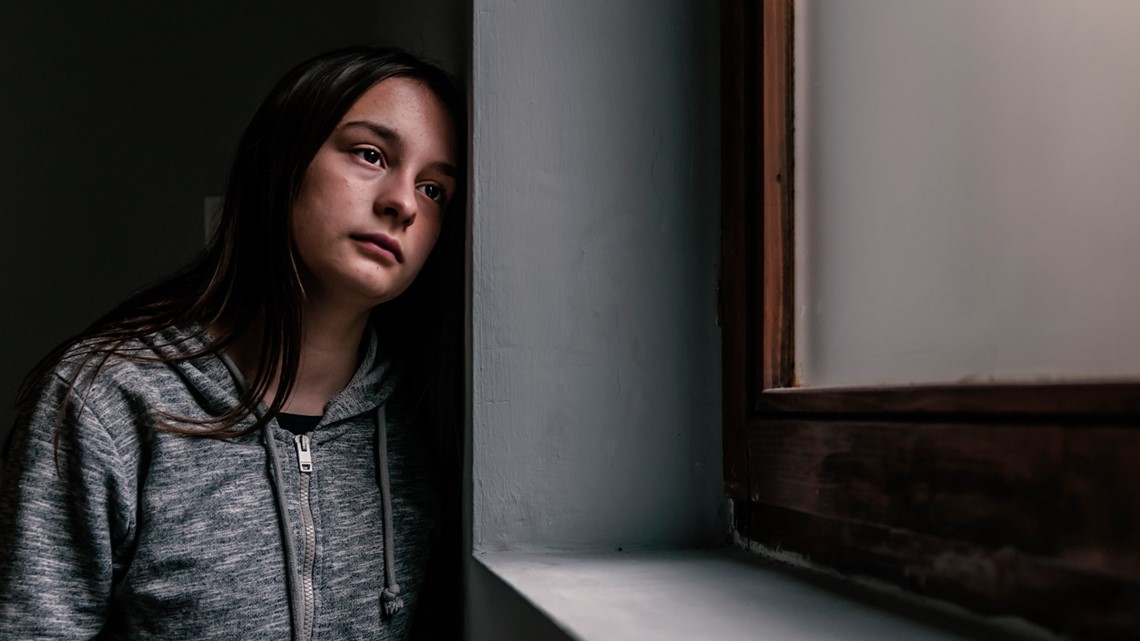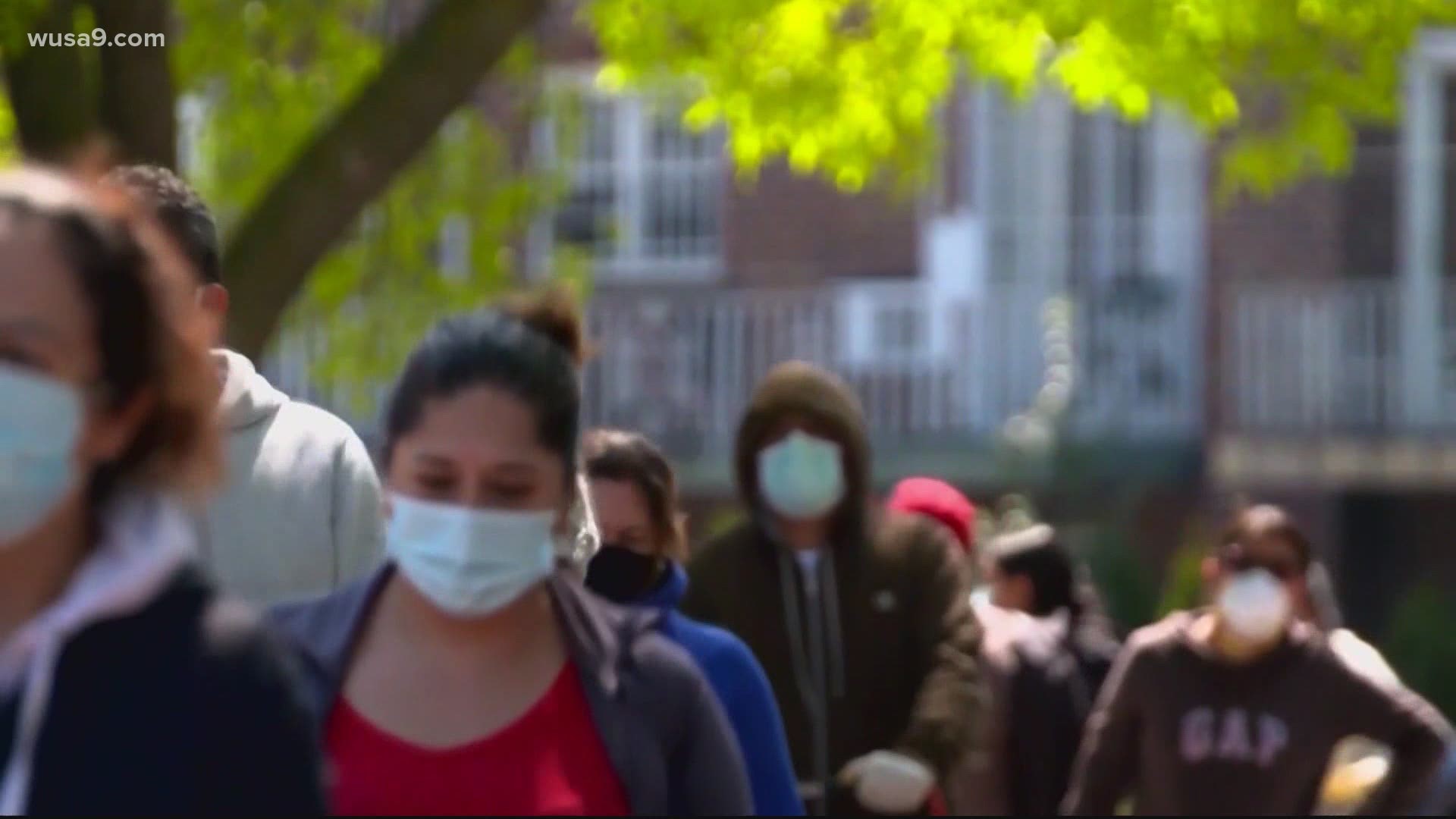WASHINGTON — With reports of anxiety and depression tripling during the pandemic, per the Centers for Disease Control and Prevention, mental health experts are providing advice to help yourself as we enter the colder months.
The CDC's report came out in August, stating that reports of anxiety between and April and June 2020 tripled from the same time in 2019. Depression, it says quadrupled.
Meredith Gardner, a Licensed Professional Counselor who owns District Therapy Associates in DC said she's seen an increase in patients.
“I do feel like we’ve seen an uptick in referrals, especially probably in the last month or two," Gardner said. "The child referrals are starting to come in more now, and that could be a product of school getting back started again, but I feel like the adult referrals have been pretty steady, portable because everything has been falling on the adults’ shoulders at this point.”
The WUSA9 team also spoke with pediatrician, Georgetown University faculty member and author of Raising Global Teens, Dr. Anisha Abraham, about the trends she's seeing and ways to help.


Question: What are the biggest issues they're seeing?
Gardner: "Anxiety for sure and more depression, because some of the depression I feel like is more covid-related. I’ve been sort of terming it the ‘covid funk’ so it doesn’t sound so quite so depressing. I feel like we’re in our own little Groundhog Day a little bit, you know we kind of feel stuck.”
Groundhog Day is a movie starring Bill Murray in which his character keeps reliving Groundhog Day over and over.
Dr. Abraham: “The pandemic has had a terrible toll on young people. And there are more and more kids are feeling uncertain about the future, are feeling isolated from friends and family. They’re not able to go to school ... They’re not able to go to sports and activities like they used to, so it’s increased the number of people who are feeling stressed, anxious and suicidal. So as we think about trying to bring down their rates, when we think about the COVID pandemic, we should also think about how do we decrease the rates of mental health issues among young people and how do we support them right now?"
Question: What could happen as we enter the colder months?
Gardner: “A lot of people experience Seasonal Affective Disorder anyway when the days are shorter," Gardner said. "Plan to be warm but be outside, because I’m not sure if being inside the whole time is going to be healthy.”
Question: What are some of the warning signs that a loved one might be struggling with a mental health issue?
Dr. Abraham: “If you have a child or teenager that suddenly decreases the social contact they’ve had from before … they have a significant change in their sleeping or eating patterns, if they refer to death or dying, that’s a warning sign of suicide, but sometimes we just don’t know so that’s why having these conversations and asking is so important right now.”
Question: How can you improve your own mental health?
Gardner: “I think a lot of the anxiety is just trying to manage what‘s in your control so I think that’s a lot of what we do with clients. What can you control? You can control trying to keep your routine."
Dr. Abraham: “Get out and exercise, make sure we’re sleeping and eating well. Kids are looking to us in terms of how we’re handling stress and certainly, if we can model those behaviors, it certainly helps them for their lifetime.”
Dr. Abraham said one positive side-effect of the pandemic has been the expansion of telemedicine, which she said has given more people access to resources like therapy.
If you or someone you know is struggling, you can contact the national suicide prevention hotline: 1-800-273-8255.

